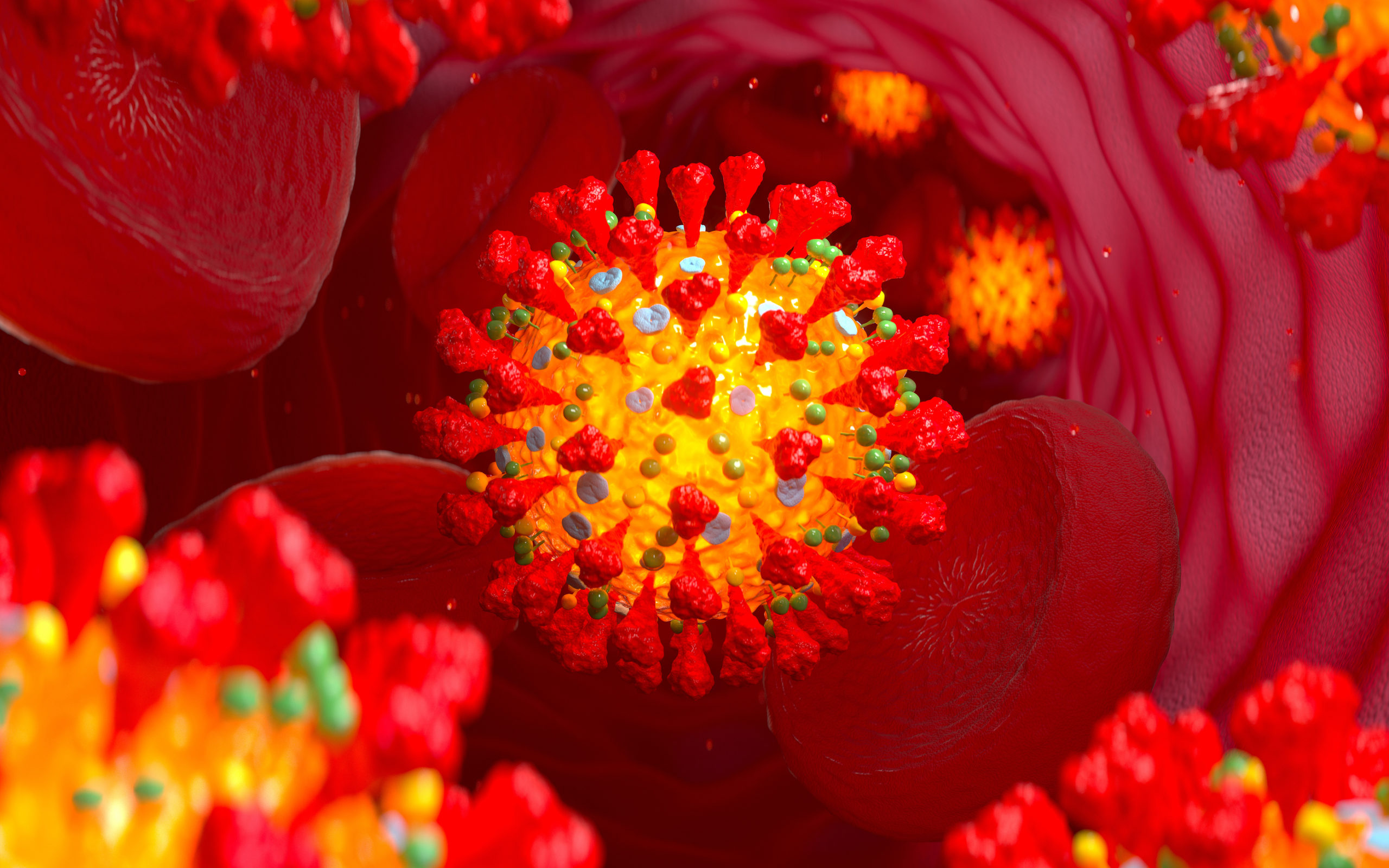
Do You Know The Signs of a Stroke?
During a stroke, the brain doesn’t receive the blood necessary to maintain and manage bodily functions. During and post-stroke, emergency medical treatment is necessary to lower your chances of brain damage, disability, or even sometimes, death.
Understanding and knowing the symptoms of the onset of a stroke can save a life. Use the F.A.S.T. acronym to quickly assess the situation for the most common symptoms of a stroke in yourself or someone else.
Face: Smile – Does one side of the face droop?
Arms: Raise both arms. Are both arms up? Does one arm drop down?
Speech: Ask for a short phrase to be repeated. Do you notice any slurring or odd speech delivery.
Time: Is the answer YES to any of the above? Call 911 right away and note the time when symptoms started.
Minutes, even seconds, matter when assessing and treating a stroke. Ambulance staff and emergency room doctors and staff are trained to judge the situation quickly, boosting the chances of getting necessary treatment to the victim as soon as possible. Depending on the type of stroke, emergency room doctors may give administer aspirin or a powerful clot-busting drug immediately. The treatment works best when medication is administered within 3 hours of the onset of symptoms. If the stroke was caused by a burst blood vessel, emergency medical staff will try to stop the bleeding as soon as possible.
Know the Early Warning Signs
Sometimes a stroke happens slowly and sometimes the onset is immediate with no warning. If it’s a slow onset, a victim is likely to have one or a few noticeable symptoms. Learning these symptoms can save your own life or the life of someone you love:
- Numbness or weakness in the face, arm, or leg, especially on one side
- Confusion or trouble understanding other people
- Difficulty speaking and/or slurred speech
- Abnormal vision in one or both eyes
- Problems walking or staying balanced or coordinated
- Dizziness
- Severe headache that comes on for no reason
If you have these symptoms, call 911 immediately – even if you’re not positive you’re having a stroke.
Have a Plan & Share Info with Family & Friends
Yearly, 800,000+ people in the United States suffer from strokes. It can happen at any time. Having a plan at home and at work can make a huge difference.
- Know the warning signs of a stroke.
- Volunteer to host an informational meeting for family, friends, and coworkers.
- Post the warning signs on the fridge, in the office kitchen, in the bathrooms.
- If medical conditions are known, wear a medical bracelet or other identification that lists them, your allergies, and any regular medication you take.
If there’s ever a question, call 911 and the ambulance will take you or the victim straight to St. Michael’s 24-hour Emergency Room in Sugar Land, TX. With a no wait mission, symptoms can be treated immediately by licensed, emergency room doctors, and a medical staff that understands the severity of the situation. Always…..HAVE A PLAN and let others know your plan.
 Flu Vaccines for Children for the 2018-2019 Season
Flu Vaccines for Children for the 2018-2019 Season
